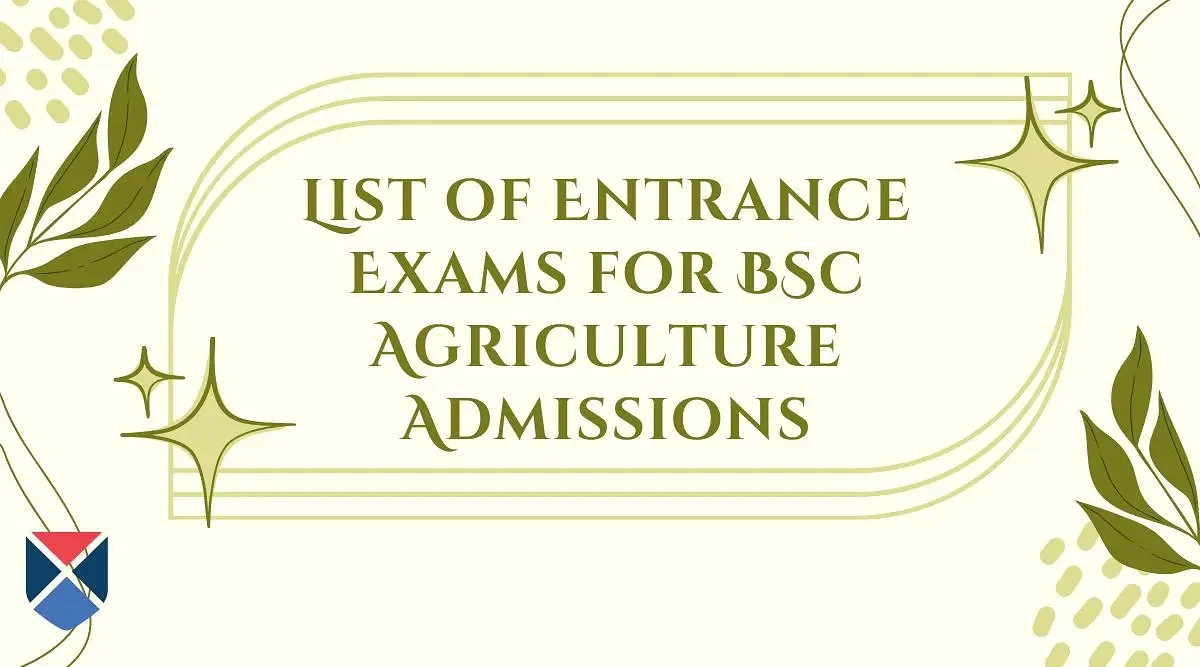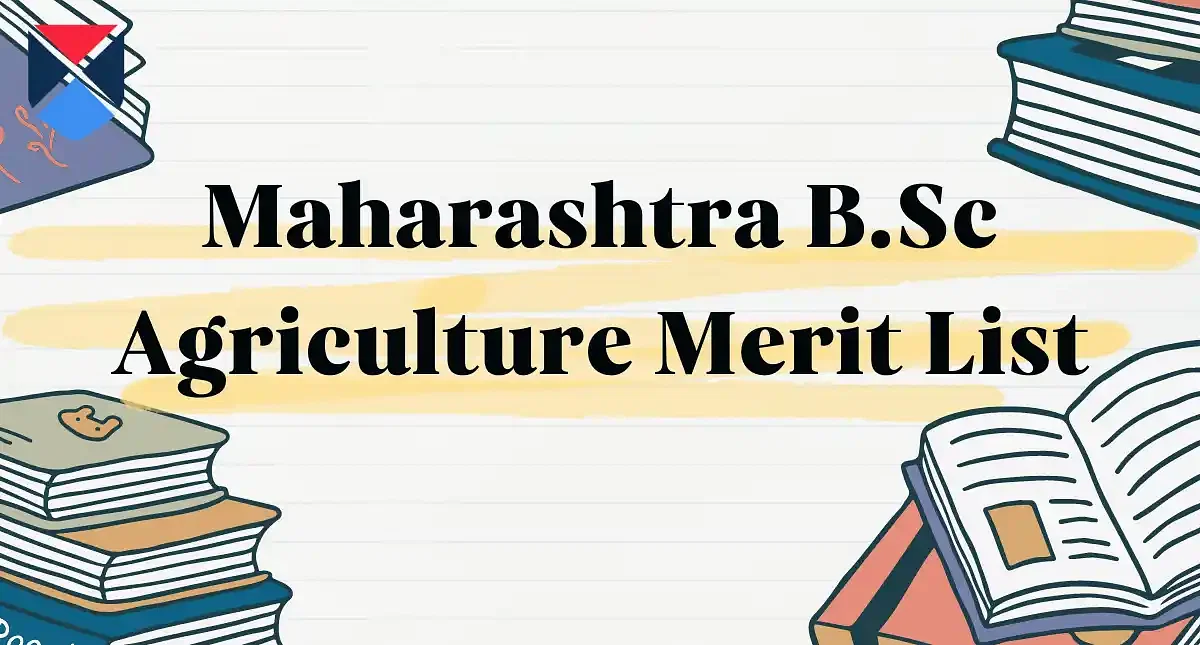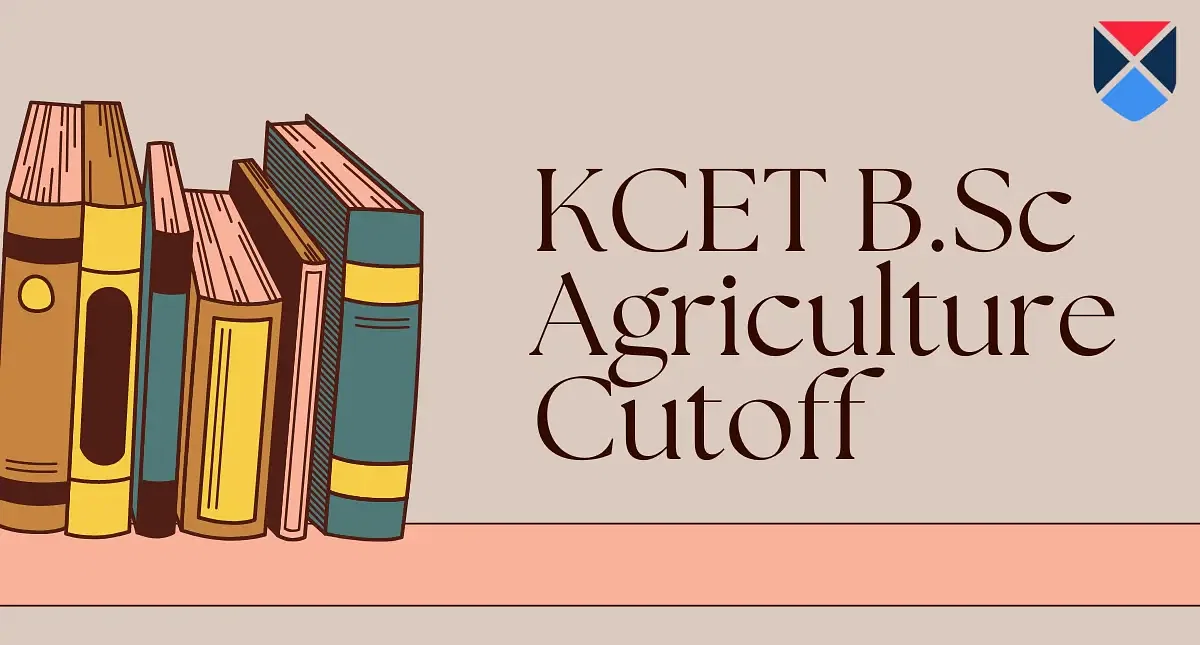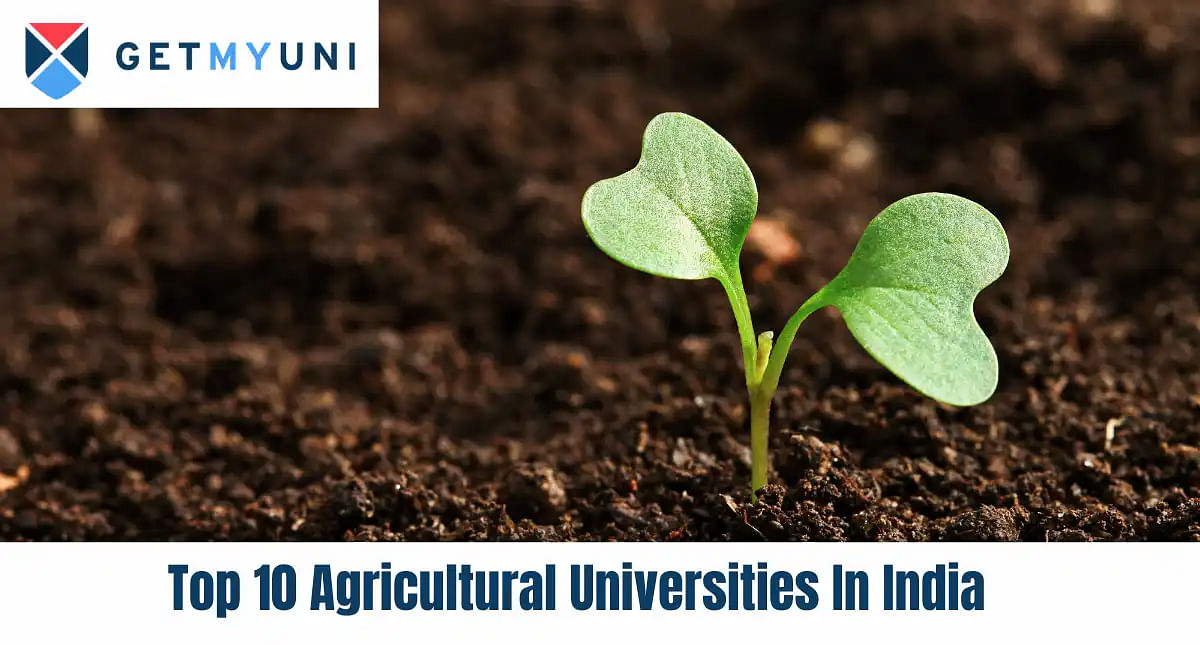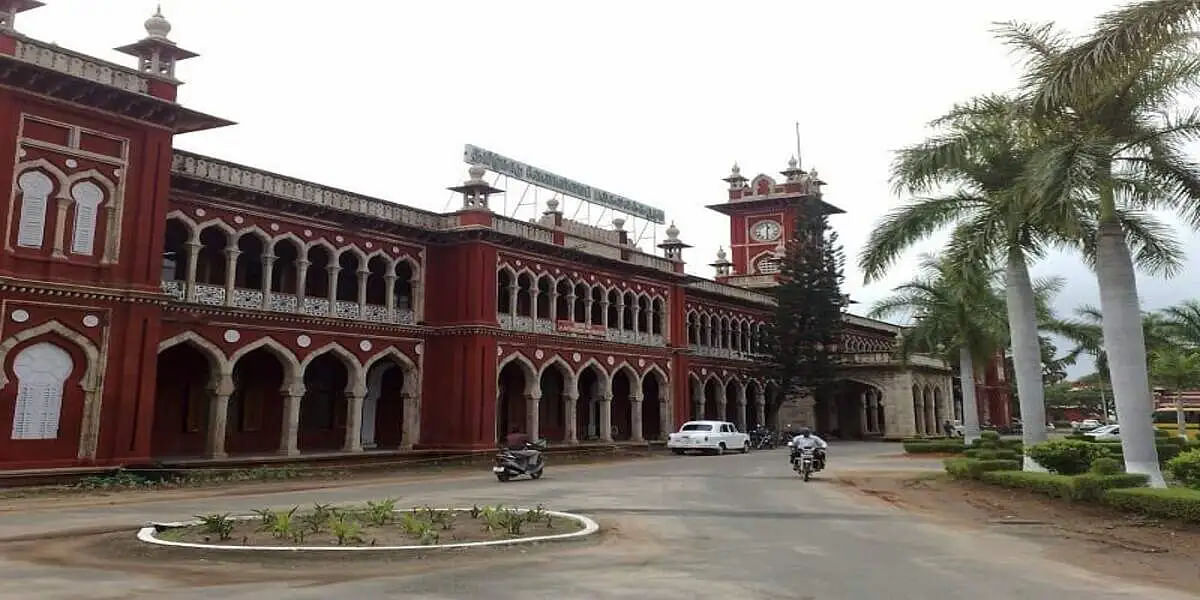A vermiculturist is a professional who practices vermiculture. A vermiculturist career can vary from being self-employed to getting hired for farmers or the R&D department.
Graduates who want to pursue a Vermiculturist career must not have vermiphobia or be allergic to living organisms found in soil/underground. They must be familiar with the agricultural environment and must have independent thinking and decision-making abilities. The basic eligibility is graduation in agriculture or horticulture with on-field experience.
Who is a Vermiculturist?
A Vermiculturist engages in worm farming or worm rearing to convert waste products into nutrient-rich material that will eventually nourish the soil. Uneaten food, grass clippings, faeces, ruined or rotting food, and vegetables are examples of waste products (Organic matters). They are also known as Vermiculturist Experts.
A career in Vermiculture is quite easy to get into with a Bachelor's Degree in Agriculture/Horticulture. Yet, it is still a developing profession in India, with very few dedicated colleges spanning India.
Eligibility Criteria for a Vermiculturist
A Vermiculturist does not require any conventional or professional expertise. As a minimum requirement, the candidate must have completed 12th grade from a recognized board or university. However, the individual must be from a biology-related background to understand the concepts well as listed below.
- Candidates who have completed a B.Sc in Agriculture/Horticulture, on the other hand, can enroll in the Certificate program because it adds value to their resume.
- If an individual is looking for jobs in government organizations like ICRISAT, ICAR, or State Agriculture departments, a Bachelor's degree in Agriculture/ Horticulture is mandatory.
Job Roles of a Vermiculturist
Being a Vermiculturist is not an easy task. It requires tons of hard work, risk of infections, and good knowledge in the field to become a successful Vermiculturist. Vermiculturist are self-employment positions, but some of the opportunities include junior and senior positions in government sectors.
A senior vermiculturist focuses on all aspects of vermicomposting, from analyzing the soil to testing its nutritional value. Besides, they are also responsible for transport and different contact to customers. Whereas junior vermiculturist majorly focus on assisting the senior vermiculturist in preparing the bedding for worms.
The following are the roles and responsibilities of a Vermiculturist:
- The job of a vermiculture expert is to rear earthworms in the worm bin. Earthworms are all required for the production of vermicompost.
- Another task of the vermiculture expert is to ensure a regular supply of food and other organic wastes into the worm bin; thus, this helps ensure a proper outflow of vermicompost required by the vermiculture expert.
- Next is to prepare the worm bin appropriately. The worms cultivate inside worm bins.
- An individual needs to make sure that the bedding is suitable for the worms to survive as the litter must be moisturized; otherwise, the earthworms can die in dry conditions.
- Another responsibility of a vermiculture expert is to package the vermicompost properly for sales. Organic fertilizer tends to lose their value if they get exposed to harsh weather conditions. Hence, proper packaging and storage are the most crucial.
- Marketing the vermicompost is the final part of the job wherein the individual will have to reach out to potential customers and interested buyers and demo their product.
Recruiting Areas for Vermiculturists
Although the scope for self-employment and business is high, there are other jobs available in the field of Vermiculture.
The few areas of recruitment for Vermiculturists are as follows:
- Agriculture and Allied areas
- International Crops Research Institute for the Semi-Arid Tropics
- The Indian Council of Agricultural Research(ICAR)
- Agriculture Crop Production areas
- Work of a Vermiculturist
Usually, Vermiculture is a job that is generally an outdoor job that requires fieldwork quite literally.
- Vermiculture involves real exposure to dirt. The individual has to do a substantial amount of physical work such as handling work, preparing worm containers for them, laying out waste materials for the worms, preparing food for the infections, etc.
- The job can be full-time or part-time, depending on the individual's occupation.
- Vermiculture can even be taken up as a hobby or for one's personal uses.
Salary of a Vermiculturist
The salary of a vermiculture expert is not very specific. Still, one can make good money through Vermiculture as there are plenty of people in need of fertile and nutrient-rich soil, and many people want organic materials. Vermiculture is one of the best methods to achieve biological outputs in the field. The profit or income depends on the quality of compost manufactured and sold in the market.
A vermiculturist might take anywhere from USD 20,000 to USD 97,000 per year in the United States. Vermiculture is still a developing field in India. Vermiculture is often an entrepreneurial business, so the volume of sales will determine profits. Vermicompost costs INR 4-5 per kilogram to produce and INR 10-12 to sell.
The salary or profit of vermiculturist varies based on the quality of vermicompost. Below are the average salaries of various vermiculturist.
| Vermiculturist | Average Salary (Per Annum) |
| Junior Vermiculturist | INR 1.8 Lakh |
| Senior Vermiculturist | INR 2.4 Lakh |
| Self-employed Vermiculturist | More than 3 Lakh |
Skills Required for a Vermiculturist
Every field of work requires a particular skill set to pursue a professional job in that career. A Vermiculturist also needs certain specific skill sets.
Here are a few skills that a Vermiculturist needs:
- They must have a basic knowledge of Science.
- A Vermiculturist must have distinct personalities.
- Excellent knowledge of agriculture.
- They must be investigative individuals.
- Pay attention to details.
- Be reflective and curious.
- They must have business knowledge.
- They should be intellectual and inquisitive.
- They must be systematic, analytical, logical, and rational.
- Some also need to be artistic, meaning they're creative, intuitive, sensitive, articulate, and expressive.
Top Colleges for Vermiculture
In India, there is no degree in vermicomposting as of now. Some institutes like The Indian Council of Agricultural Research, an autonomous body, Savitribai Phule Pune University, offer a certificate course in Vermicomposting.
Through this course, students are taught various techniques to produce vermicompost. An individual must get a B.Sc in Agriculture/Horticulture degree to become a professional vermiculturist.
Below are the top B.Sc Agriculture or Horticulture colleges in India,
- ICAR-National Dairy Research Institute Karnal
- Punjab Agricultural University Ludhiana
- ICAR-Indian Agricultural Research Institute New Delhi
- ICAR-Indian Veterinary Research Institute Izatnagar
- GB Pant University of Agriculture & Technology Pantnagar
- Chaudhary Charan Singh Haryana Agricultural University Hisar
- Guru Angad Dev Veterinary and Animal Sciences University Ludhiana
- Tamil Nadu Agricultural University Coimbatore
- University of Agricultural Sciences Dharwad
- Professor Jayashankar Telangana State Agricultural University Hyderabad
Pros of Becoming a Vermiculturist
Every field has its advantages and disadvantages. Vermiculturist may have to work extensively hard; still, it has some perks of its own.
They are as follows:
- This career allows one to start their own business and be self-employed.
- There are many scopes to grow in the branch of organic farming, but the number of highly skilled people with good knowledge is not very abundant in the country, which makes it all the more demanding.
Cons of Becoming a Vermiculturist
A profession in Vermiculture is still a new concept in India. For the time being, a career in Vermiculture can be less satisfying than a career in other fields.
A few of the reasons for this are as follows:
- The work is pretty tedious and hard.
- There are long working hours that an individual must go through in the initial stages.
- Must have an alert mind and tend to the needs of the worms, for negligence could kill them or produce poor quality vermicompost.
Books for Vermiculture
There are some excellent books a candidate can refer to and have in-depth knowledge about Vermiculture, vermicomposting, and its related areas to develop their knowledge and career.
They are as follows:
- Commercial Vermiculture: How to Build a Thriving Business in Redworms
- In Their Own Words: Interviews With Vermiculture Experts
- How to Start a Worm Bin: Your Guide to Getting Started with Worm Composting by Henry Owen
- Electric Earthworm Harvester Plans
- Vermiculture Technology: Earthworms, Organic Wastes, and Environmental Management
- Worm Farming: How to Start a Worm Farm: Learn About Vermiculture and Vermicomposting by Danny Gansneder
- The Best Place for Garbage: The Essential Guide to Recycling with Composting Worms by Sandra Wiese
- The Worm Book for Beginners: A Vermiculture Starter or How to Be a Backyard Worm Farmer And Make the Best Natural Compost by Frank Randall
- How to start a profitable worm business on a shoestring budget: Affordable ways to make money with earthworms
- The Worm Farmer's Handbook: Techniques and Systems for Successful Large-Scale Vermicomposting by Rhonda L.Sherman

